Future-proofing education for the next global challenge
)
For about 15 years I’ve been writing and speaking about the future of education, including how schools adopt new technology, how they assess learning, and how they think about their job in a changing world. I was delighted to be invited to Bett 2024 to share my latest thoughts on the subject.
Since 2020, nearly every child in the world has had their education interrupted due to the pandemic, climate-fuelled disasters, and conflict. Currently, a record 43.3 million children have been driven from their homes by these events, according to UNICEF. That number doubled over the past decade.
And I hate to tell you, but emergencies like these are likely going to become more common for the foreseeable future. Not only that, they are likely to affect a growing proportion of the world’s children, for the simple reason that the youngest countries demographically happen to be located in some of the most climate- and conflict- prone areas of the world.
But there is hope. In the process of reporting my 2022 book, The Stolen Year, about the impact of COVID-19 on children in the United States, I discovered that many school districts adapted to the upheavals of the pandemic, sometimes in remarkable ways.
Schools, and the people who power them, grew in their comfort with appropriate uses of technology, of course. This includes switching flexibly between remote and in-person learning as appropriate to changing conditions, and students’ changing needs.
They also renewed their focus, of necessity, on warmth, trust, relationships, mental health and social-emotional development.
These days, as they seek to combat the decrease in enrolment and the growth of chronic absenteeism, schools are looking to build environments of what Sarah Rose Cavanagh, in her book Mind over Monsters, calls “compassionate challenge.” This includes how teachers and students relate to each other. It also includes working with their local communities to create learning experiences that are directly relevant to students’ workforce aspirations and their desire to make the world a better place. A major example is found in the global student movement for climate justice and climate action.
I’ve reported on two surprising examples of how education and learning is shifting post-pandemic:
The invasion of Ukraine in February 2022 created one of the largest and fastest displacements of children in history. And yet Ukrainian teachers resumed offering classes remotely within two weeks. This would not have been possible before the age of mobile phones; it would not have been conceivable, arguably, without the experience of COVID remote learning. Children in Gaza, unfortunately, are not receiving the same universal right. The level of bombardment in Gaza has been too fierce, schools have been turned into shelters, and families are not being allowed to flee to safety.
The second example I recently reported on (forthcoming in MIT Technology Review) is in Lebanon, where the biggest-ever investment in humanitarian aid for early childhood suddenly had to pivot to remote delivery due to the pandemic. The outcome was a randomised controlled trial. It showed that showing that teaching delivered over WhatsApp calls, combined with specially produced Sesame Workshop videos, could produce measurable academic and social-emotional gains in a population of Syrian refugee children living in hard-to-reach, remote, rural camps in Lebanon. The focus on social and emotional skills is notable. Remember there are tens of millions of children forced from their homes right now, exposed to toxic stress. And we have the tools to help them weather these storms, and help their caregivers support them.
In searching for a hopeful conclusion to my book, I wasn’t really resonating with the term “resilience.” That means bouncing back, as though nothing has happened. That didn’t feel true to the experiences of the children and families I followed through the pandemic, not to mention my own family’s experience.
Instead, I learned about the concept of post-traumatic growth. This requires recognising that you were indeed scarred by an experience, and at the same time, you learned from it and grew in ways that make your life measurably better. People can find that trauma makes them more appreciative of their relationships, more compassionate towards others who have suffered, more oriented toward new possibilities, more aware of their inner strength, more focused on what’s most important in life.
I believe that the education system as a whole can also experience this kind of growth. And in a world of constant disruption, we’re going to need it.
Tags
- book
- challenge
- changing
- children
- climate
- experience
- future
- futureproofing
- global
- includes
- learning
- more
- new
- next
- over
- pandemic
- remote
- schools
- students
- technology
- ve
- world


)
)
)
)
)
)
)
)
)
)
)
)
)
)
)
)
)
)
)
)
)
)
)
)
)
)
)
)
)
)
)
)
)
)
)
)
)
)
)
)
)
)
)
)
)
)
)
)
)
)
)
)
)
)
)
)
)
)
)
)
)
)
)
)
)
)
)
)
)